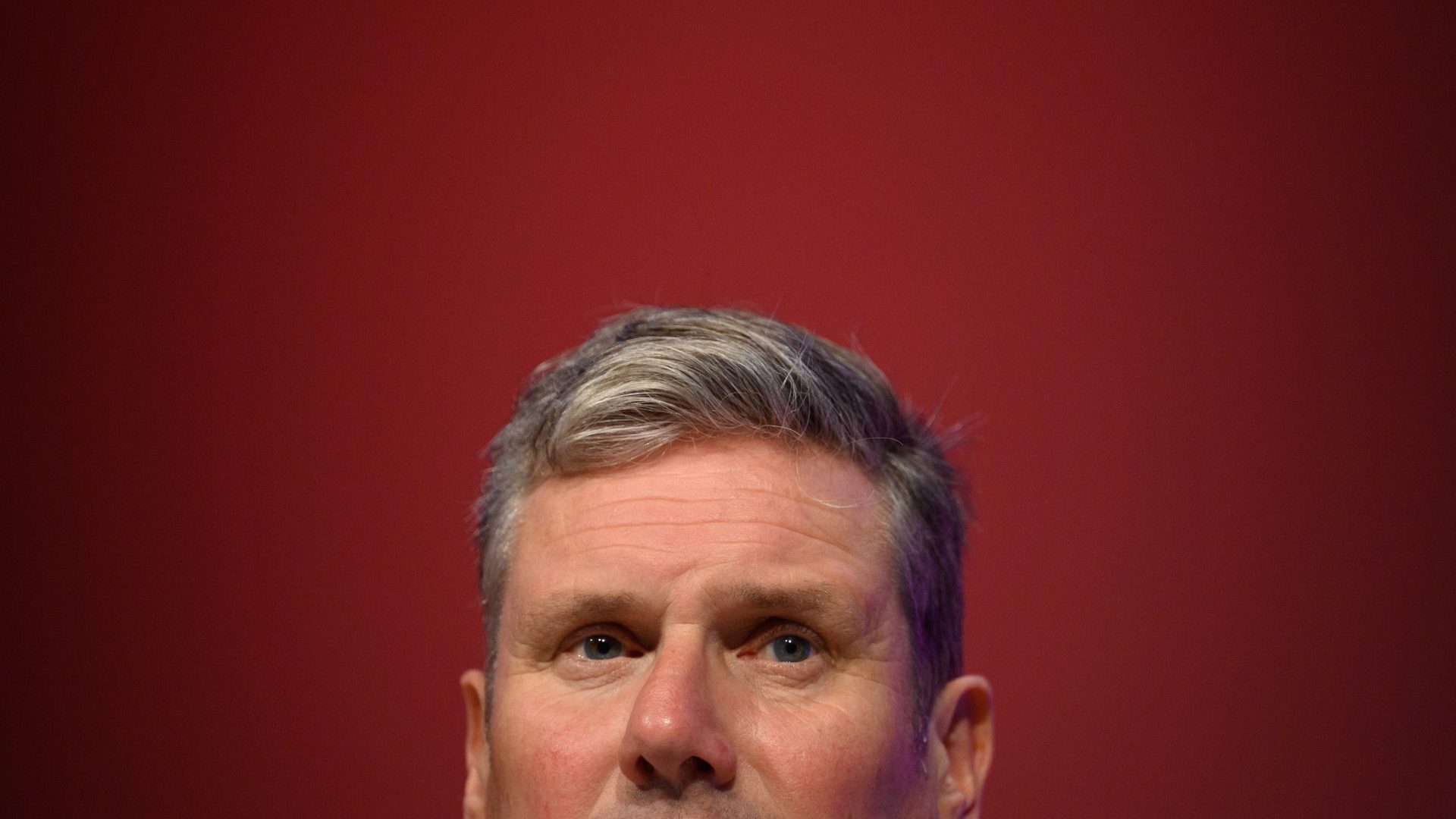I occasionally give talks to schoolchildren about the world of work and economics, through the excellent charity Speakers for Schools. I always end with one cri de coeur, “Start a pension, now”.
This is almost always met with looks of disbelief from my 16- to 17-year-old audiences, and until recently I thought I was wasting my time. But then I met a friend of my nephew who had heard me talk and had started a pension at the age of 17. I almost cried. If this bright lad keeps up the payments and saves a generous percentage of his salary, he will be one of the very few of his generation who will be able to retire early. And when I say very few I mean very, very few.
The British pensions system is in crisis – and this will be a long-drawn-out crisis; one in which our bad decisions now will have repercussions two, three and four decades down the line.
The basic problem is that the UK state pension is very small – the current full allowance in the UK is £203.85 a week; although this is set to increase under the badly targeted triple-lock system, of which more later. Even when boosted, the state pension acts only as a safety net rather than providing an amount that anyone could live well on.
The system is therefore dependent on people saving for retirement in order to top up the state pension. And this has worked in the past, if only for the middle and upper classes, who can afford to save more. The people who have been poor throughout most of their lives, however, can be assured of being very poor in old age.
In the past, many workers also relied on final-salary pensions. These plans, in which employees retired on the full amount or a very generous percentage of what they were paid when they reached pension age, were basically deferred wages. But they were expensive to fund and run, and over the last 30 years, especially in the private sector, companies phased them out, safe in the knowledge that weakened unions were unlikely to be able to organise strikes to save them.
Many cynical employers kept the executive pension fund going while slashing or abolishing the pension fund for new staff and weakening the existing policy for older staff. It saved them a fortune. Now less than one in 10 private-sector workers has a final-salary pension scheme.
This matters because the cohort of people with a weak work pension or no work pension at all are rapidly approaching retirement, while the last remaining bastion of final-salary pensions – those paid to the public sector – looks increasingly vulnerable. No doubt we will be encouraged by the Daily Mail and its ilk to complain about Whitehall Sir Humphreys getting gold-plated pensions while the rest of us suffer. But this overlooks the fact that most government pensions are for nurses, doctors, soldiers, sailors, police officers and poorly paid council staff.
The UK is therefore sailing towards a pension iceberg, of which the triple-lock is just the tip. Private-sector pensions are withering on the vine and we have a state pension that is far too low but which the government cannot afford to increase substantially, as a rapidly ageing population means more and more people will be claiming it.
As the Institute for Fiscal Studies has found, even “under current policy, spending on pensions and pensioner benefits is already set to rise from almost 6% of national income now to almost 10% by 2070… equivalent to an extra £100bn per year in today’s money – therefore an extra £100bn per year to be raised in tax.”
Meanwhile, one in five private employees don’t even save into a pension, and few people save the 15% that is recommended. The average employee pension contribution in the UK is around 5%, the average employer pension contribution is just 3%. Pension contributions by the self-employed have collapsed, so that now only 20% save anything at all.
Auto-enrolment, one reform that has worked, has meant people have to opt out of a basic private pension if they don’t want to take part. But the poor do opt out and some never get the chance to join in the first place – low earners are below the threshold for automatic enrolment. In any case, contributions are not high enough to create a pension anywhere near the ones enjoyed by previous generations. Even home ownership, the “investment” that has made hundreds of billions for today’s OAPs, is now often beyond the young.
So is this a pan-European or global problem? Or is it just us?
Other countries with similar economies do things differently. Often the state pension is much more generous, and therefore people need to save less towards their own retirement. Elsewhere, the private pension system is designed to fill any gaps in state provision.
The UK spends much less on public and private pensions than most other countries – around 11% of GDP. France and Austria spend almost 14%, and far more of the contribution comes from private savings.
But the very best systems in the world are generally regarded as the Netherlands and Denmark. These cost the same as the UK pension system, but have much better results.
Both have a basic state pension and then mandatory or semi-mandatory occupational pensions on top of that. Many of the problems associated with companies having to run their own pension schemes are avoided in the Netherlands, as they are run on a not-for-profit basis, which reduces the cost. Risks are also kept low for individual firms.
The Danish basic pension is means-tested and therefore more generous to the poor. Around 90% of Danes with jobs have a workplace pension, paying a contribution of at least 12% from their salary.
In both countries, the poor are looked after much better, the pot is spread more evenly, and having a less unequal society helps. Trying to provide decent pensions to gig economy workers who are self-employed on low pay is very difficult.
Denmark and the Netherlands, unlike the UK, also have a strong social contract between the government, employers, and unions. The key seems to be a national consensus to force both employers and employees to pay more into additional private pensions.
The UK has the worst of both worlds. Its private-sector system is no longer good enough and the state pension is not big enough. One or the other needs to be better – far better.
The politically challenging fact is that, if you want a decent state-run pension scheme, you need to pay more in tax. Even so, there are limits. In France the government has been forced to increase the retirement age – to predictable screams of outrage – but then its original was far too generous and something had to give. Greece and Italy’s systems are even more generous and unaffordable.
The UK needs to spend probably another 3% of GDP to make the system work as well as in other countries. Either that, or it needs a better-run pension system and a more balanced economy with lower levels of inequality, as in Denmark or the Netherlands.
All of those are big asks, especially while British politics remains committed (at least for now) to the triple lock on existing state pensions, a row that bubbled up last week.
Another bad move in the austerity chancellorship of George Osborne, the triple lock guarantees that the state pension increases each year by either inflation or average earnings or by 2.5%, whichever is higher. Since this year’s average earnings show a rise of 8.5%, that is very likely to be the rate by which the state pension increases next year – unless there is a huge rebound in inflation, meaning it will increase by even more. If the earnings rise stays, it means Jeremy Hunt will have to find another £2bn by 2024-25. No wonder Rishi Sunak last week refused to say whether retaining the triple lock would be part of the next Tory manifesto.
It would be electoral suicide, but they should probably drop it. The cost of this triple lock is staggering – small percentage changes on huge amounts of money add up very quickly. The IFS calculates it costs £11bn more a year, on top of what the government would have had to find if it had stuck to the old formula.
The trouble with the triple lock is it is never going to be enough to make the state pension significantly larger, because it goes to everyone, whether they need it or not. It means spending a fortune on boosting pensions when often inflation is low, and once it had been introduced it became politically untouchable.
The triple lock is just another seemingly intractable problem with the state pension in the UK, but the long-term problem remains the same. If increasing the state pension further and faster is unaffordable, the obvious answer is more saving into private pensions.
The debate about whether a private or a state-run system is best is one of those political arguments that goes round and round. It’s worth noting that almost every country in the world has both.
The advantage of a state-run system is that you can force people to put money in by making them pay more tax, but then you end up with higher taxation and heavy political pressure to be nice to pensioners (see France).
Persuading people to save into a private scheme is far harder, which is why good systems make it compulsory. The schemes tend to be more expensive to run – but the wealth of many of today’s pensioners shows that they work. They also have the advantage of using investment over a period of time to grow the value of pension funds. That contrasts with the state pension, which simply uses an increasing amount of what the government brings in through tax to pay our pensioners.
With UK taxation already at rates last seen in the 1940s, fixing this problem by substantially increasing the amount paid out by the state pension seems like a non-starter. We won’t vote for tax rises, even when the state is crumbling around us.
The obvious answer is to make the current auto-enrolment system compulsory and mandate that the contributions by both employees and employers be higher. Given the state of the economy and the cost-of-living crisis, that too is unlikely to be tried.
The uncomfortable fact is that the current generation of UK pensioners are the wealthiest ever. We will not see their like again.
Meanwhile, politicians are ruled by two facts: one, they are in a short-term business, and two, for millions, retirement is still a long way off. So the most expedient thing is to ignore the pensions iceberg and keep praying it we don’t crash into it on their watch.




